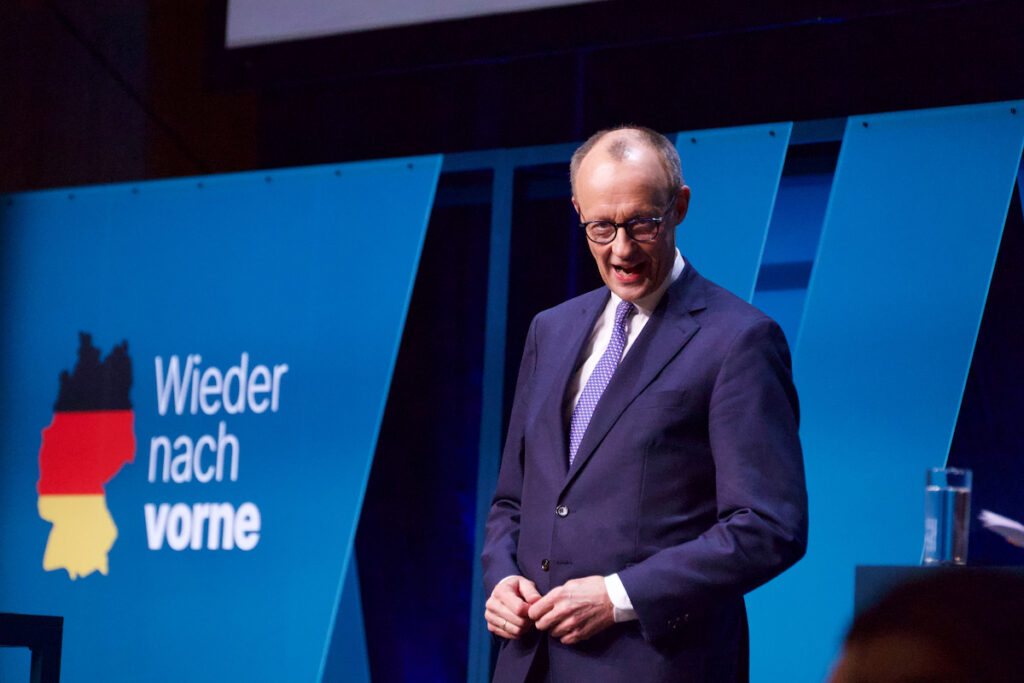Friedrich Merz, leader of Germany’s center-right Christian Democratic Union (CDU), has been elected as the country’s 10th postwar chancellor following an unprecedented second-round parliamentary vote. In the initial round, Merz failed to secure the required majority, a first in modern German history, highlighting internal dissent within his coalition. The eventual victory came with support from the CDU, its Bavarian sister party, the Christian Social Union (CSU), and the center-left Social Democrats (SPD), forming a “grand coalition” aimed at addressing Germany’s pressing economic and political challenges.
Merz’s ascension coincides with the 80th anniversary of Nazi Germany’s surrender in World War II, a poignant backdrop as the nation grapples with rising far-right sentiments and geopolitical tensions, notably the ongoing war in Ukraine. Germany remains Europe’s largest economy and a key military supporter of Ukraine, underscoring the significance of stable leadership during these turbulent times.
Economic Revival and Infrastructure Investment
Central to Merz’s agenda is the revitalization of Germany’s stagnating economy. The new government has approved a €500 billion investment plan targeting the modernization of critical infrastructure, including roads, bridges, schools, and hospitals. This initiative responds to years of underinvestment that have led to deteriorating public facilities and logistical bottlenecks.
However, Merz’s proposals for increased deficit spending have met resistance, particularly from fiscal conservatives wary of loosening Germany’s strict debt rules. The initial failure to secure a majority vote for chancellor has cast doubts on the coalition’s cohesion and its ability to implement ambitious economic reforms. Analysts warn that internal divisions could hinder the passage of future legislation essential for economic recovery.
Compounding these challenges, U.S. President Donald Trump’s recent announcement of new tariffs on European Union goods threatens Germany’s export-driven economy, adding external pressure to an already complex economic landscape.
Controversy Over Migration Policies and Far-Right Relations
Merz’s stance on migration has sparked significant controversy. In January, he introduced a motion to tighten border controls, which passed in the Bundestag with support from the far-right Alternative for Germany (AfD) party. This move was seen by many as a breach of the postwar political consensus to avoid cooperation with extremist parties. The decision prompted widespread protests across Germany, with critics accusing Merz of undermining democratic norms.
The AfD, recently designated as a “right-wing extremist” organization by German intelligence services, has filed a lawsuit challenging this classification. The party’s growing influence and the government’s response have drawn international attention, including criticism from U.S. officials and public figures who argue that the designation suppresses legitimate political opposition.
Merz has maintained that his party will not collaborate with the AfD at any governmental level. However, the reliance on AfD votes to pass key legislation has raised questions about the CDU’s commitment to this stance and the integrity of Germany’s political “firewall” against the far right.
Navigating a Divided Political Landscape
The formation of the grand coalition between the CDU/CSU and SPD reflects a pragmatic approach to governance amid a fragmented political environment. The coalition aims to provide stability and address critical issues such as economic reform, infrastructure development, and migration policy. However, ideological differences between the parties pose ongoing challenges to cohesive policymaking.
Public opinion remains divided, with significant portions of the electorate expressing dissatisfaction with traditional parties and openness to alternative political movements. The recent surge in support for the AfD underscores this trend, highlighting the need for established parties to address underlying societal concerns effectively .
As Chancellor, Merz faces the formidable task of uniting a polarized nation, restoring public trust in government institutions, and steering Germany through complex domestic and international challenges. His leadership will be pivotal in determining the country’s trajectory in the coming years.


